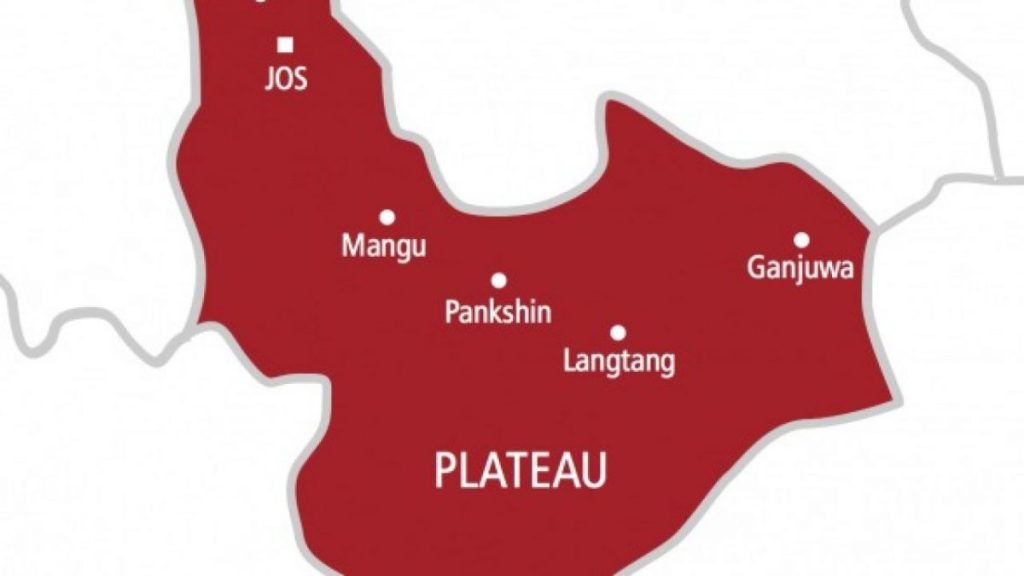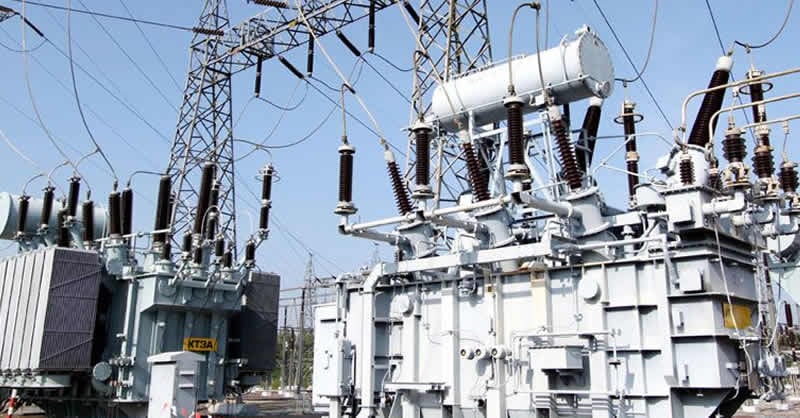The Independent National Electoral Commission (INEC) has revealed that it faced a staggering number of over 1,000 pre-election litigations in the lead-up to the 2023 general election. This was disclosed by the INEC Director of Legal Drafting and Clearance, Mrs Oluwatoyin Babalola, during a two-day capacity workshop for journalists held in Akwanga, Nasarawa State. Her presentation titled “Effects of Litigation on INEC’s Preparations for Kogi, Imo, And Bayelsa Governorship Election” shed light on the significant impact of these litigations.
Pre-election litigations are legal cases that emerge before the actual election takes place, and they are covered by Section 285(14) of the Constitution of the Federal Republic of Nigeria, 1999 (as amended). According to Babalola, these litigations primarily stemmed from issues such as political parties’ primaries, candidate substitutions, and non-compliance with party constitutions and election timetables.
One of the major causes of these litigations, she noted, was the absence of internal party democracy, where parties fail to adhere to their own constitutional provisions and guidelines. The consequences of these litigations cannot be underestimated as they have the potential to disrupt planning, logistics, funding, and the overall certainty of all participants involved in the electoral process.
Furthermore, Babalola highlighted that there were instances where judgments on pre-election matters were delivered on the very eve of an election, thereby preventing INEC from conducting certain positions and even replacing candidates after the ballot papers had been printed. This unpredictable nature of pre-election litigations has significant implications for the electoral process.
To illustrate the gravity of the issue, Babalola revealed that after the 2019 general elections, INEC was compelled to issue 94 certificates of return following judgments on pre-election matters. Additionally, in preparation for the 2023 general election, the commission had to withdraw seven previously issued certificates of return and reissue them in accordance with court orders.
It is clear that pre-election litigations pose substantial challenges for INEC. Therefore, it is vital for political parties and stakeholders to prioritize internal party democracy and adhere strictly to their respective party constitutions and guidelines. This will not only minimize the occurrence of litigations but also ensure a smoother electoral process.
As Nigeria continues to strive for credible, transparent, and fair elections, it is imperative to address the underlying issues that lead to pre-election litigations. Only then can the electoral system truly reflect the will of the Nigerian people and foster a thriving democracy.



